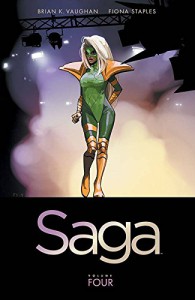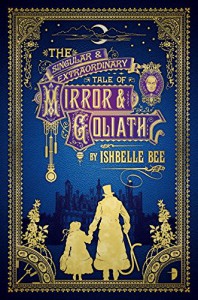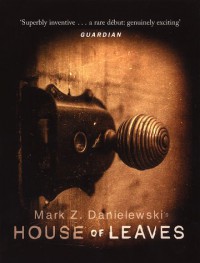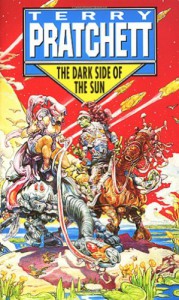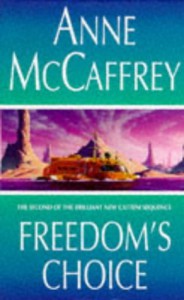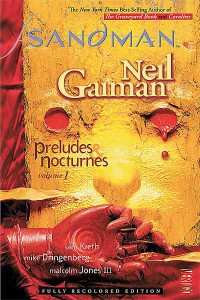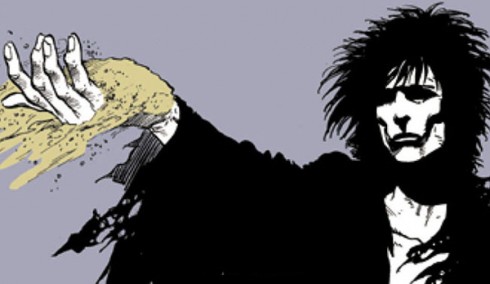Nights at the Circus - Angela Carter

So some friends were giving away second-hand books as wedding favours (which, I wish I had had that idea) and Nights at the Circus was on the book table. I'd heard of Angela Carter before as a literary feminist writer of dark fairy tales, so I wasn't sure precisely what to expect.
Nights at the Circus, set in 1899 at the very end of the Victorian era, follows Fevvers, a lower-class London woman touring Europe and America as an aerialiste. She claims to have wings: huge, feathered things in various luminous colours. Is she telling the truth? Walser, an American journalist, joins the circus she's touring with in order to find out.
So Nights at the Circus is, um, bizarre. It's about the people on the edge of polite society creating their own communities; people who are othered and made into freaks by grinding capitalism and patriarchy, and their subtle rebellions. Carter has this hallucinatory mode of writing which throws little (or not-so-little) bits of fantasy into what masquerades as a realist text, that throw you (did that really just happen?) and glance you off into the next adventure which then, again, turns odd and metaphoric. It's a lovely subversion of Victorian-realist norms which reflects the novel's subversion of patriarchal rationalism.
It's fairly heavy going - continually aware of itself as Literary text playing off other literary texts. But if this is your kind of thing, it's also hugely interesting, chock-full of imaginative potential, revising minorities into textual history before diversity was a corporate buzzword. "Radical", I think the appropriate word is.
 4
4
 6
6



